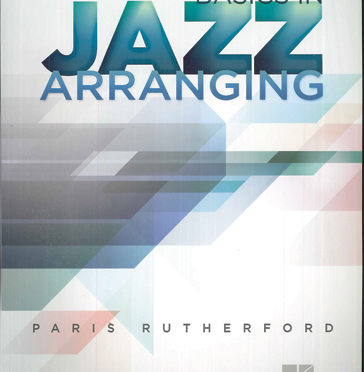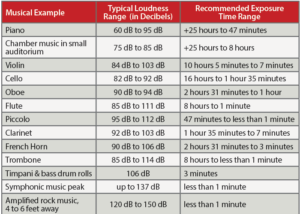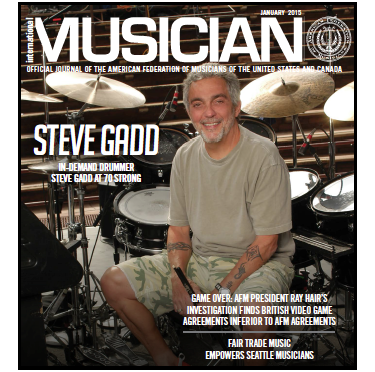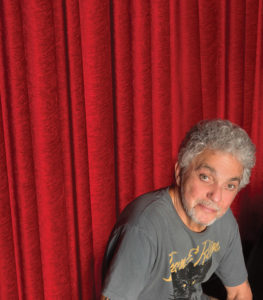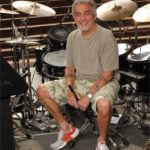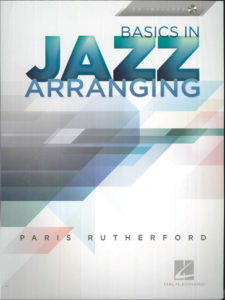 This book is a must-have for anyone interested in learning about jazz arranging. Written by a renowned jazz educator and based on what he’s taught for more than 30 years, this book is a great tool for beginning arrangers, whether they are teaching themselves or taking a course. Basics in Jazz Arranging covers how to find the right song, how to adapt songs to the jazz style, how to set up your first small-group charts, and how to write for brass and woodwinds. Rutherford includes examples of his own original compositions and small group charts, along with a CD that features both full performances and rhythm section only tracks.
This book is a must-have for anyone interested in learning about jazz arranging. Written by a renowned jazz educator and based on what he’s taught for more than 30 years, this book is a great tool for beginning arrangers, whether they are teaching themselves or taking a course. Basics in Jazz Arranging covers how to find the right song, how to adapt songs to the jazz style, how to set up your first small-group charts, and how to write for brass and woodwinds. Rutherford includes examples of his own original compositions and small group charts, along with a CD that features both full performances and rhythm section only tracks.
Basics in Jazz Arranging, by Paris Rutherford, Hal Leonard Corporation, www.halleonard.com.


